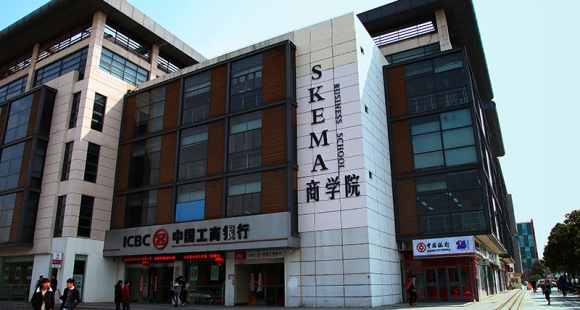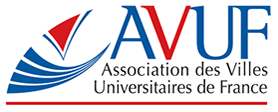
French business schools are replacing partnerships with full overseas campuses. For Léon Laulusa, Dean of International Relations at ESCP Europe, "Globalization has made international recruitment and mobility a top priority. Schools need more than just exchange programs to grow their brand."
Of the 37 Master's programs considered for the 2015 L'Etudiant ranking, 23 have an overseas campus. Top locations include Europe and Asia and increasingly, Africa and Latin America.
INSEEC has taken the full leap, with €5 million invested in its San Francisco campus already. "Opening a campus abroad is a big investment but it builds international influence", explains Catherine Lespine, INSEEC's Executive Director.
Foreign Appeal
Overseas campuses offer every student an international experience. Lespine notes, "When you send students to a partner school, spots are limited and the academics can disappoint. Not so with your own campus." They also serve as a showcase for France-bound foreign students, who often bring higher tuition.
For Frank Vidal, Dean of Audencia Nantes, overseas campuses generate a new source of students: locals. In places like Asia and North Africa, French programs appeal to students with their "French language study, project-based learning and close business partnerships," explains Lucienne Mochel, Director of NEOMA Business School.
Executive training is also profitable. Thomas Froehlicher, Director General of Kedge, explains, "China and Asia are huge markets, both in terms of locally-based Chinese companies and Chinese investment in Europe and Asia."
Risky Business
From market research to managing costs, authorizations, facilities and personnel, launching a campus overseas is no cake walk. It requires strong partners and even stronger finances. Sarah Vaughan, Associate Dean at La Rochelle Business School comments, "It takes time and time is money. What's more, experience from France does not apply abroad." Léon Laulusa explains, "You have to invest for 3-4 years." After that point, business schools have to cut their losses, just like any other business.






